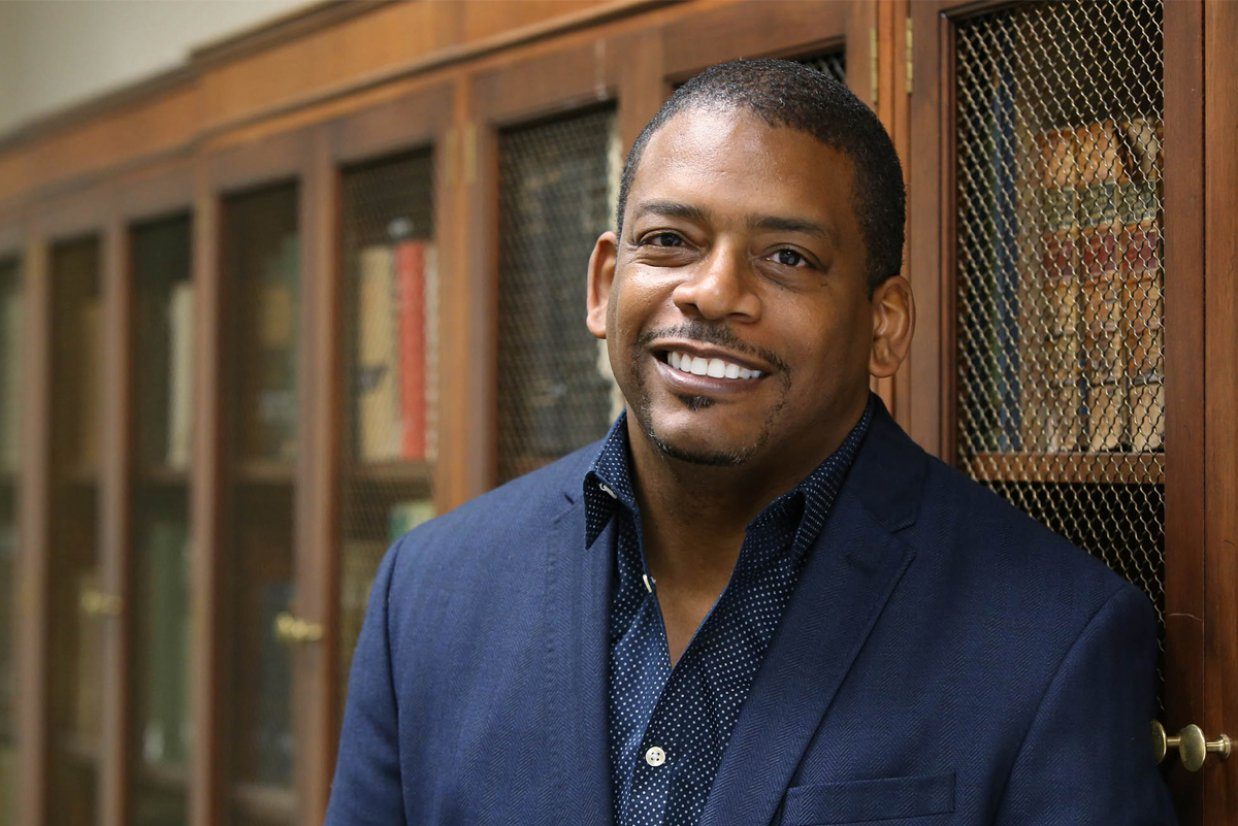Faculty member Maurice Manning published an op-ed in the Lexington Herald-Leader opposing the proposed defunding of the Kentucky Arts Council:
Defunding the arts suppresses culture, democracy, economy
The first thing Philistines do in setting up shop is to get rid of the artists and intellectuals.
The suppression of culture — and the people of that culture — is easier to carry out when those who could challenge authority with creativity and intelligence are purged.
Eliminating the artists and the educated was a priority, of course, for the Nazis. Many artists fled Europe during the Nazi era and found refuge in America, by which our nation has been enriched. An artist who fled Hitler’s Germany and arrived in Kentucky was the pioneering and visionary printer, Victor Hammer.
Continue reading online…
Note: The push to save Kentucky Arts funding was successful.




